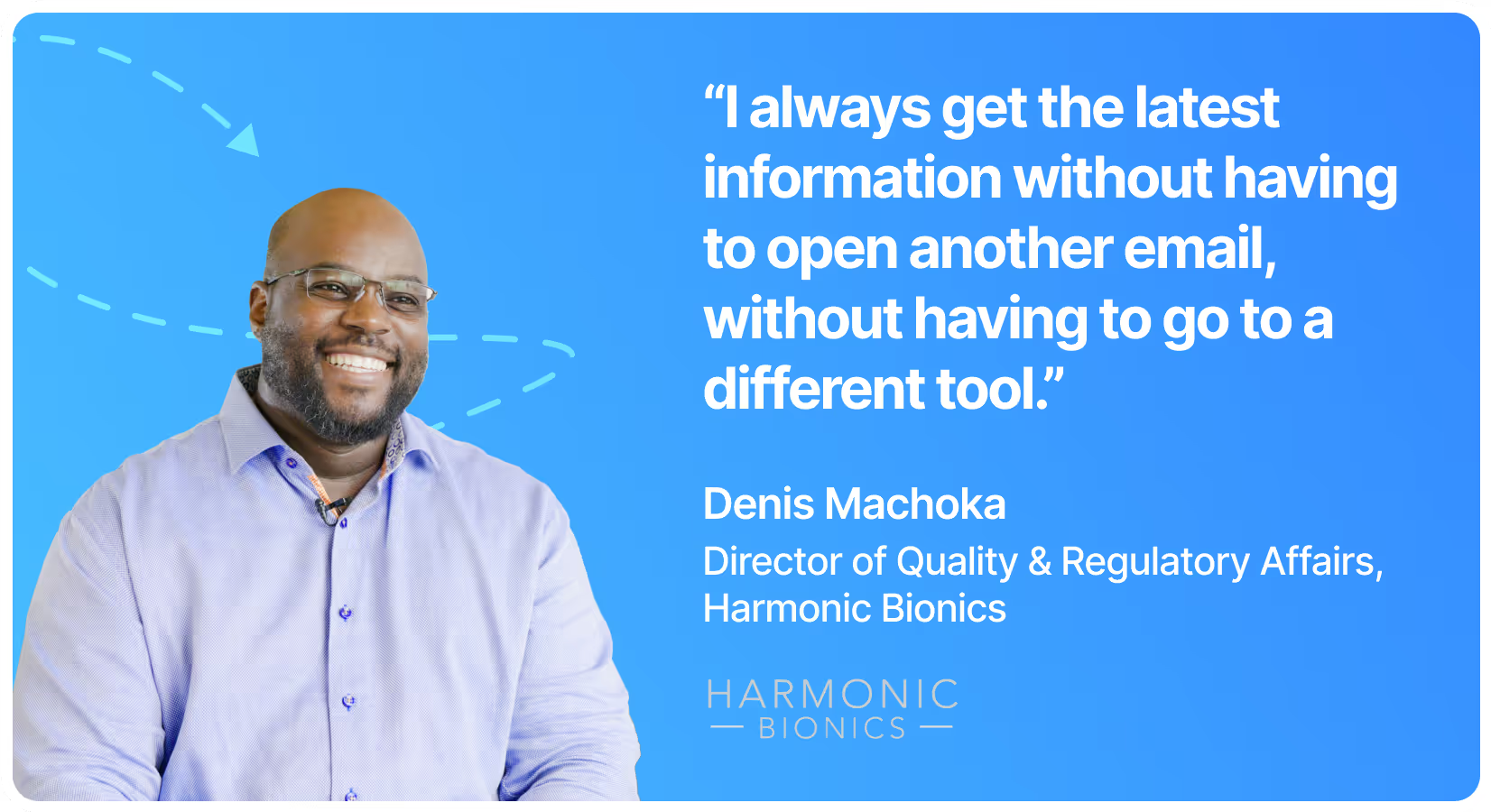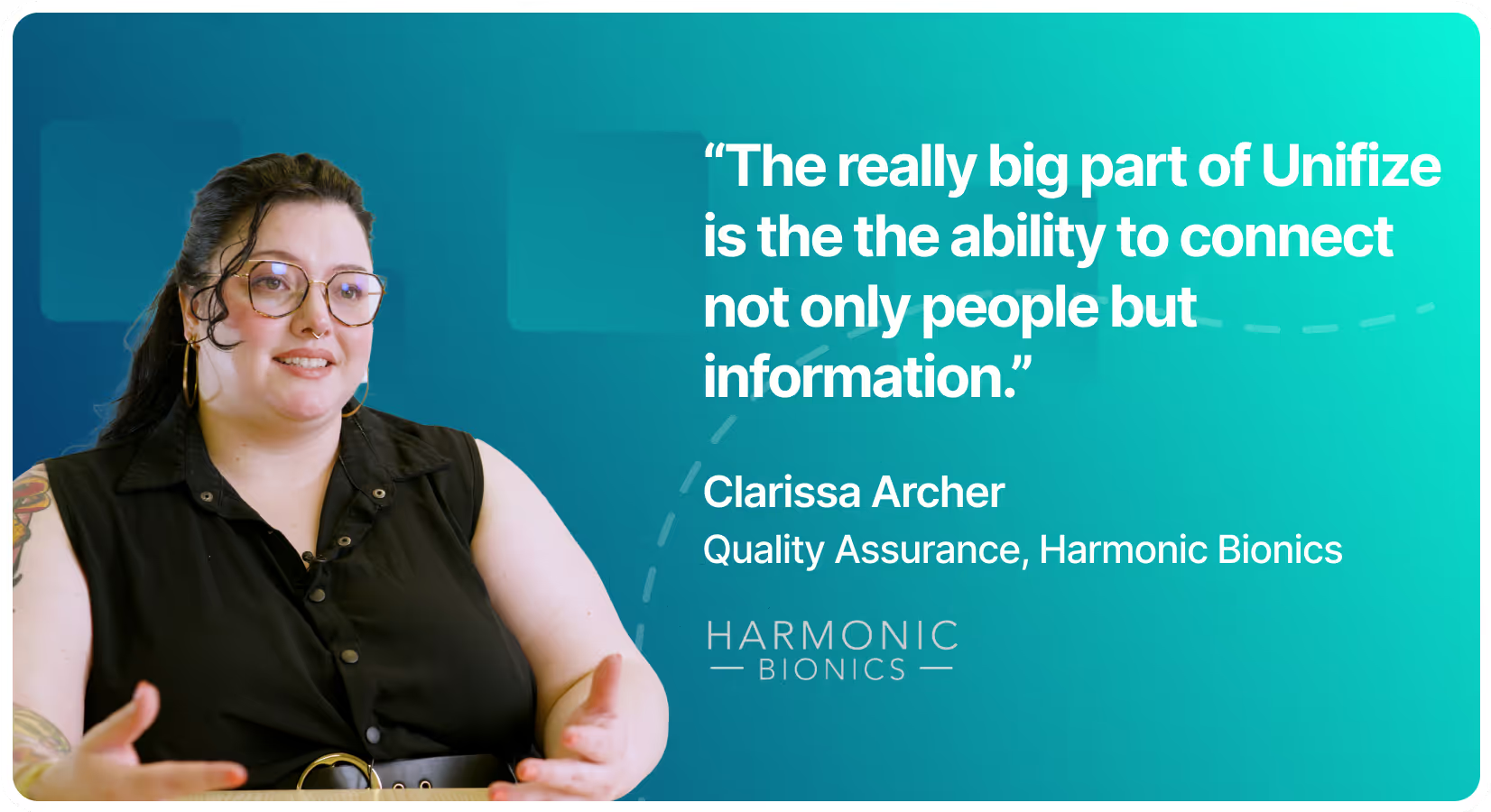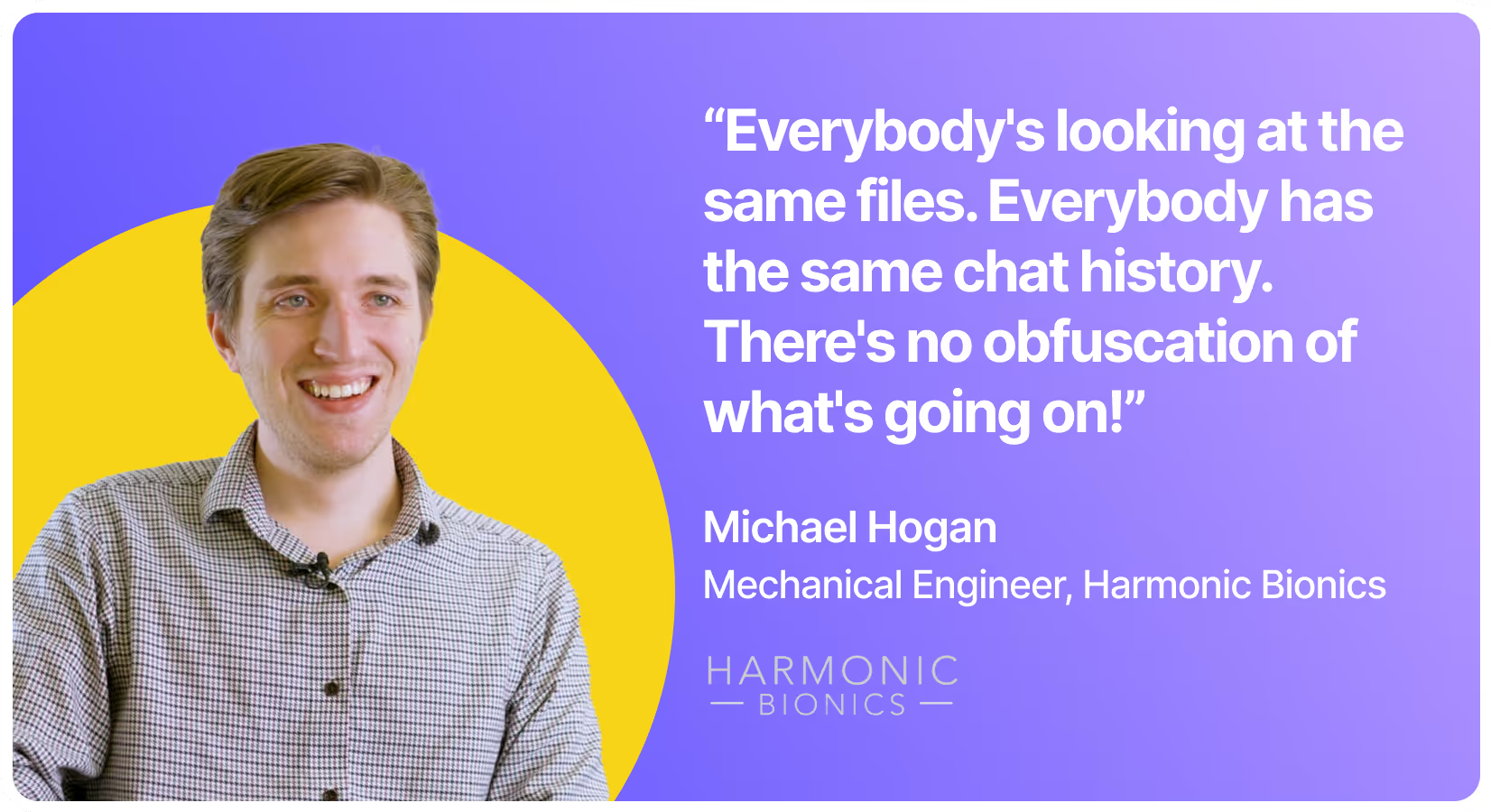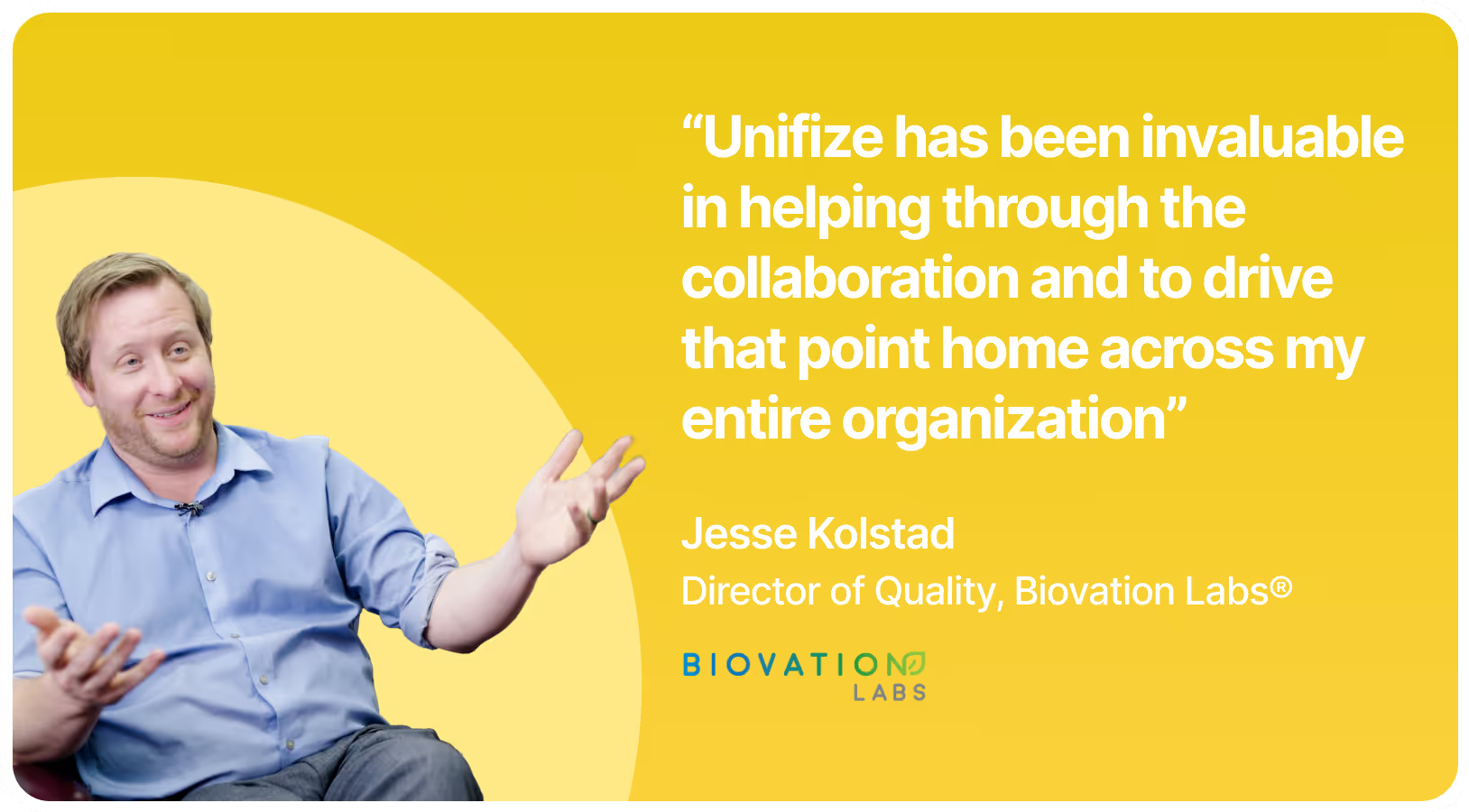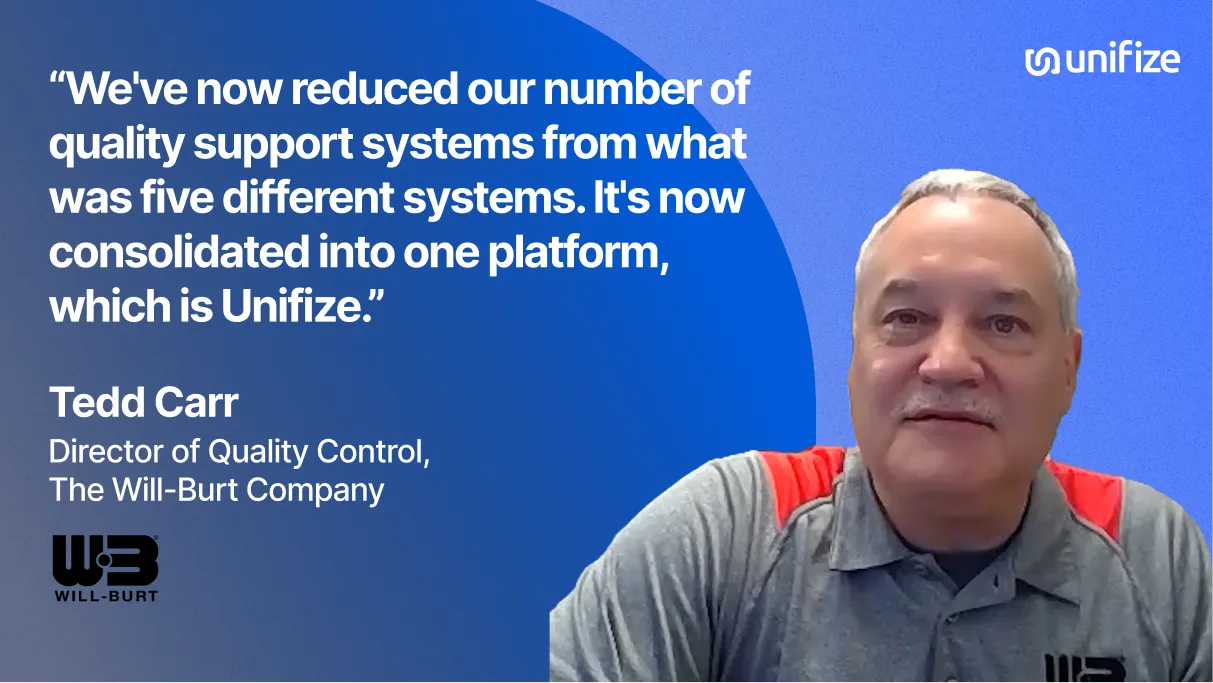Content Library
Seth Bozman discusses the pivotal challenges he faced at Efco before integrating Unifize into their workflow. Central to his testimony is the struggle with tracking and managing information, particularly the return of documents and data from the shop floor. Seth outlines how the Unifize platform provided a solution that streamlined communication, ensured document return, and enhanced overall efficiency. This video offers a candid look at the transformative effect of Unifize on Efco's operations, spotlighting the importance of digital solutions in modern manufacturing environments.





